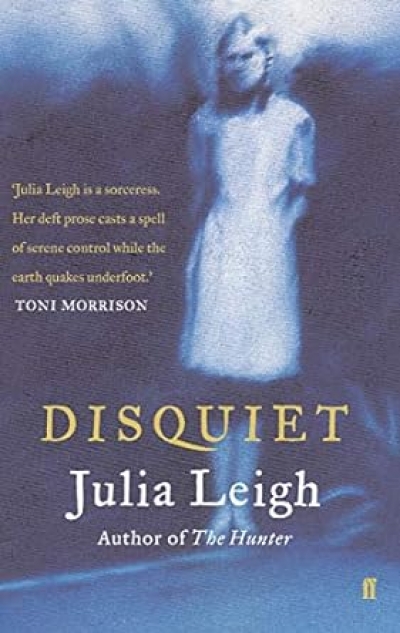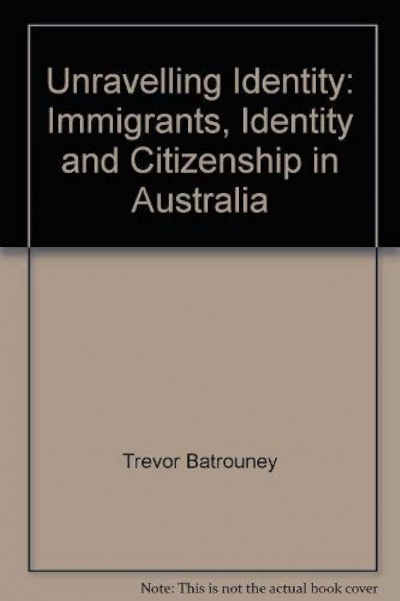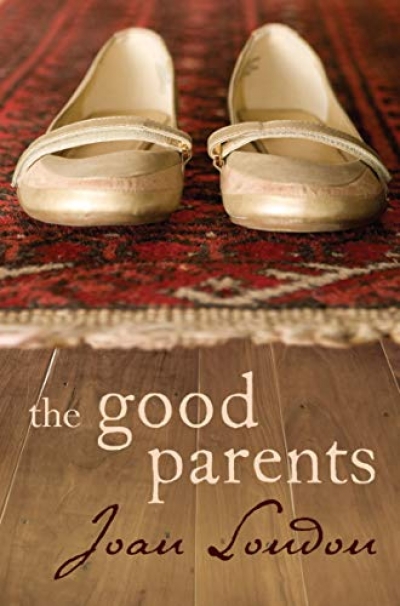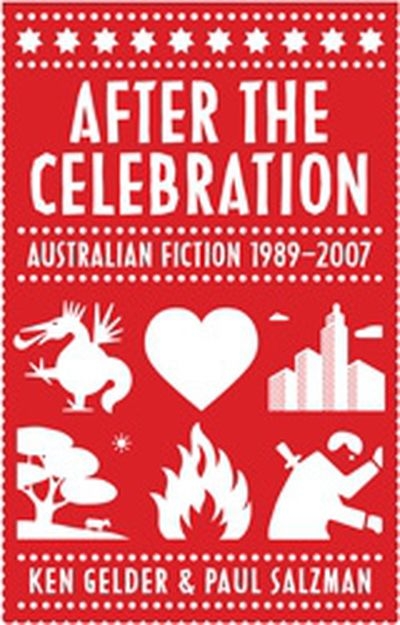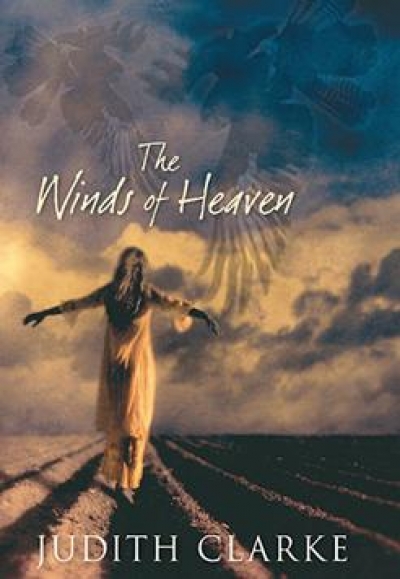Archive
See,
how this slow tide
tugs
and sighs against
the flank of patient night –
the driving pulse that
aches towards the
fleck
of dawn then
shifts,
and curls around skin’s soft
warmth, that quiet space –
So much shown in a little space
All humbleness, all dignity,
Hand-work – the Knitted Nativity!
Seeing, one whistles on an arc of breath
Wonderful, oh wonderful!
The Rest Is Noise: Listening to the Twentieth Century by Alex Ross
Peter Mares reviews 'Unravelling Identity: Immigrants, identity and citizenship in Australia' by Trevor Batrouney and John Goldlust, and 'Borderwork in multicultural Australia' by Bob Hodge and John O'Carroll
I witnessed Australia’s inglorious exit from the World Cup in a packed Balmain Rugby Leagues club. Many in the crowd were sporting green and gold, and when it came time for the pre-match national anthem, the crowd rose almost as one to join in a well-oiled and full-throated rendition of Advance Australia Fair. I was glad that my ...
Brenda Niall (ABR, March 2008) feels ‘confronted’ by an ‘extraordinary claim’ in my book, Arthur Boyd: A Life. The two sentences that caused her consternation are: ‘Yet it seems that ultimately Martin’s spirit was crushed. His broken body would be discovered in the Blue Nuns’ gardens, lying where it had fallen, below his hospital window.’ Niall complains that I did not ask her opinion about Martin Boyd’s likely suicide. Since this was not included in her biography, Martin Boyd: A Life ( 1988), I believed she knew nothing about it. I understand how annoying it must be to write a full biography of a person and learn later of information that may have been available, but Niall’s defensive and plaintive attack demands a response.
... (read more)
